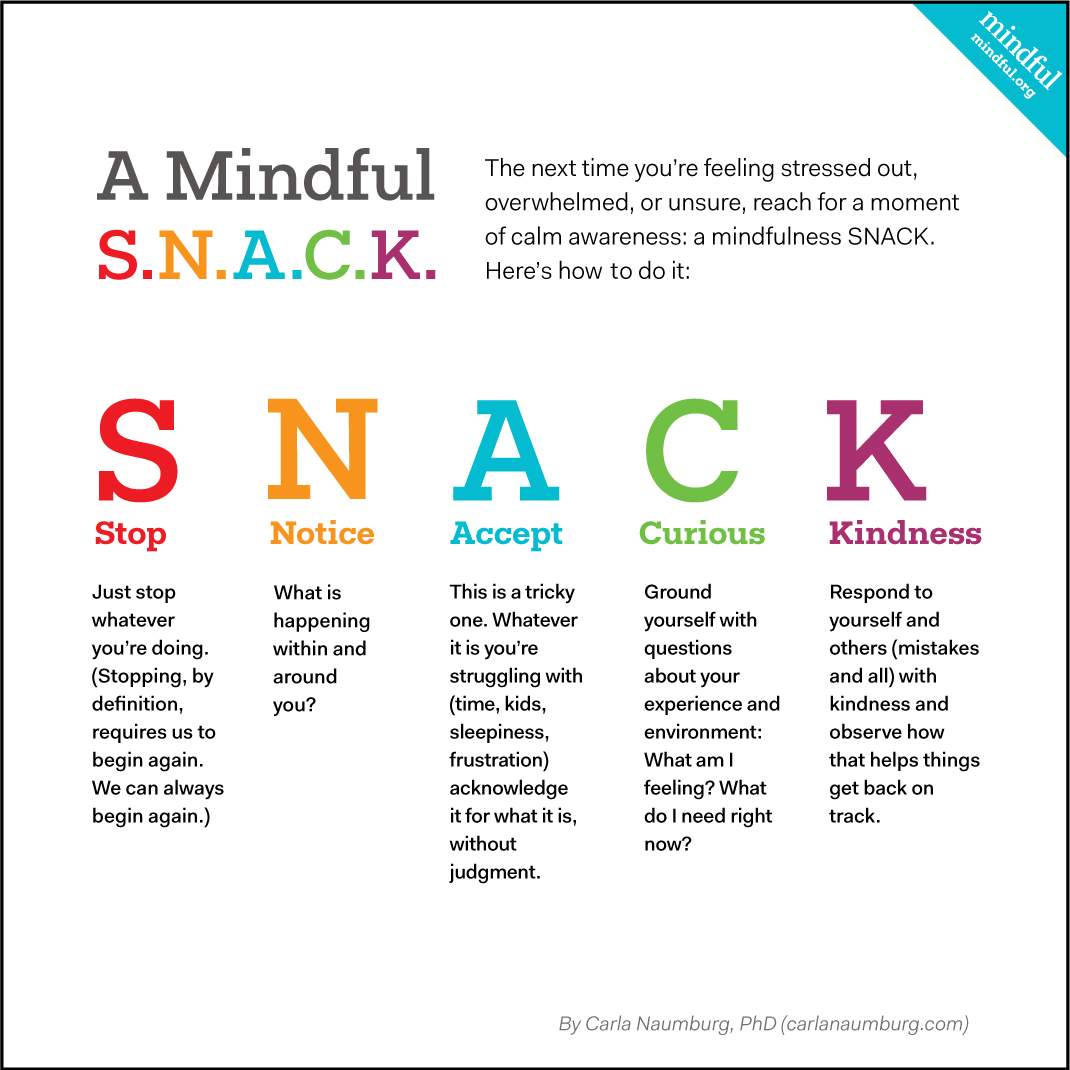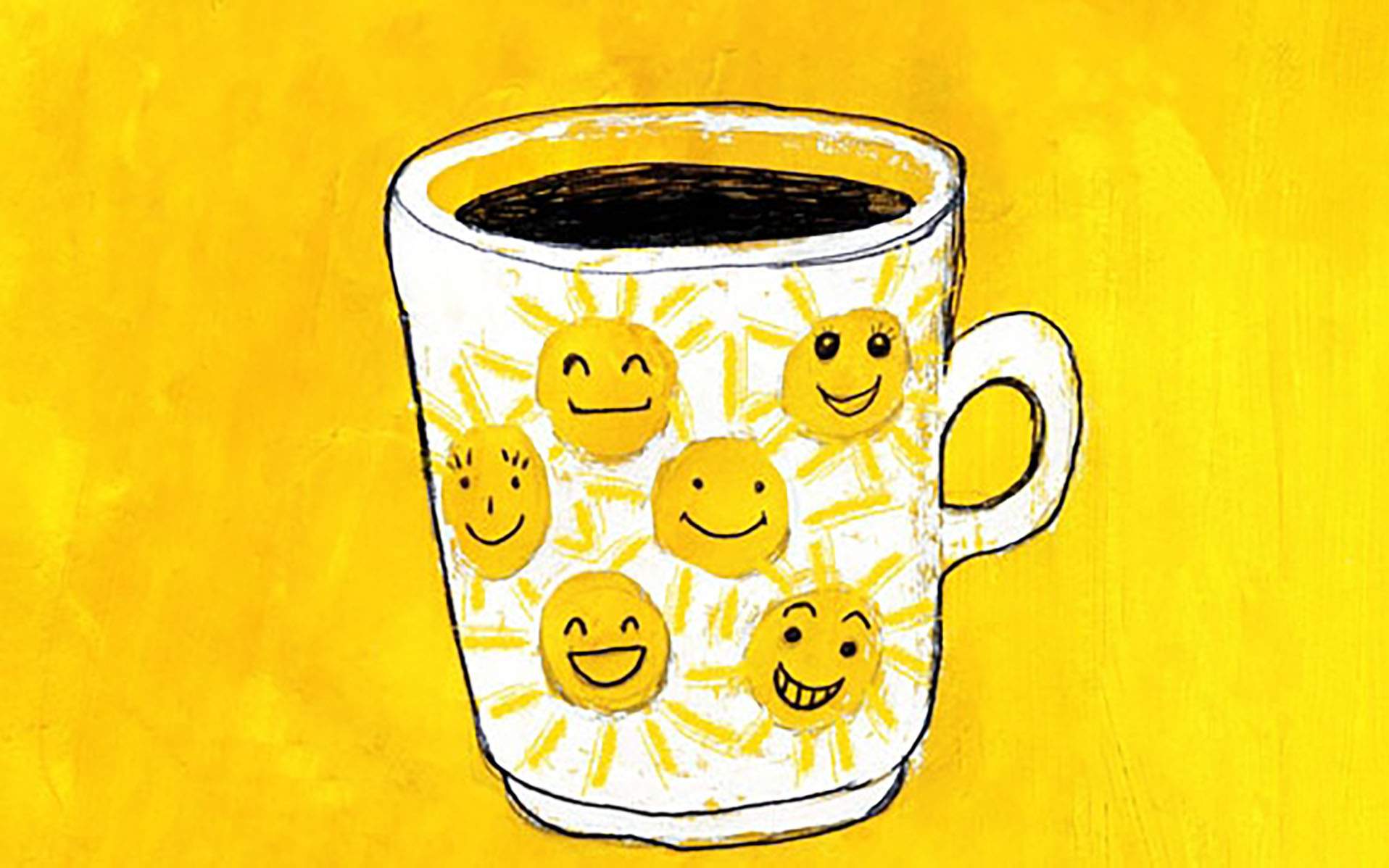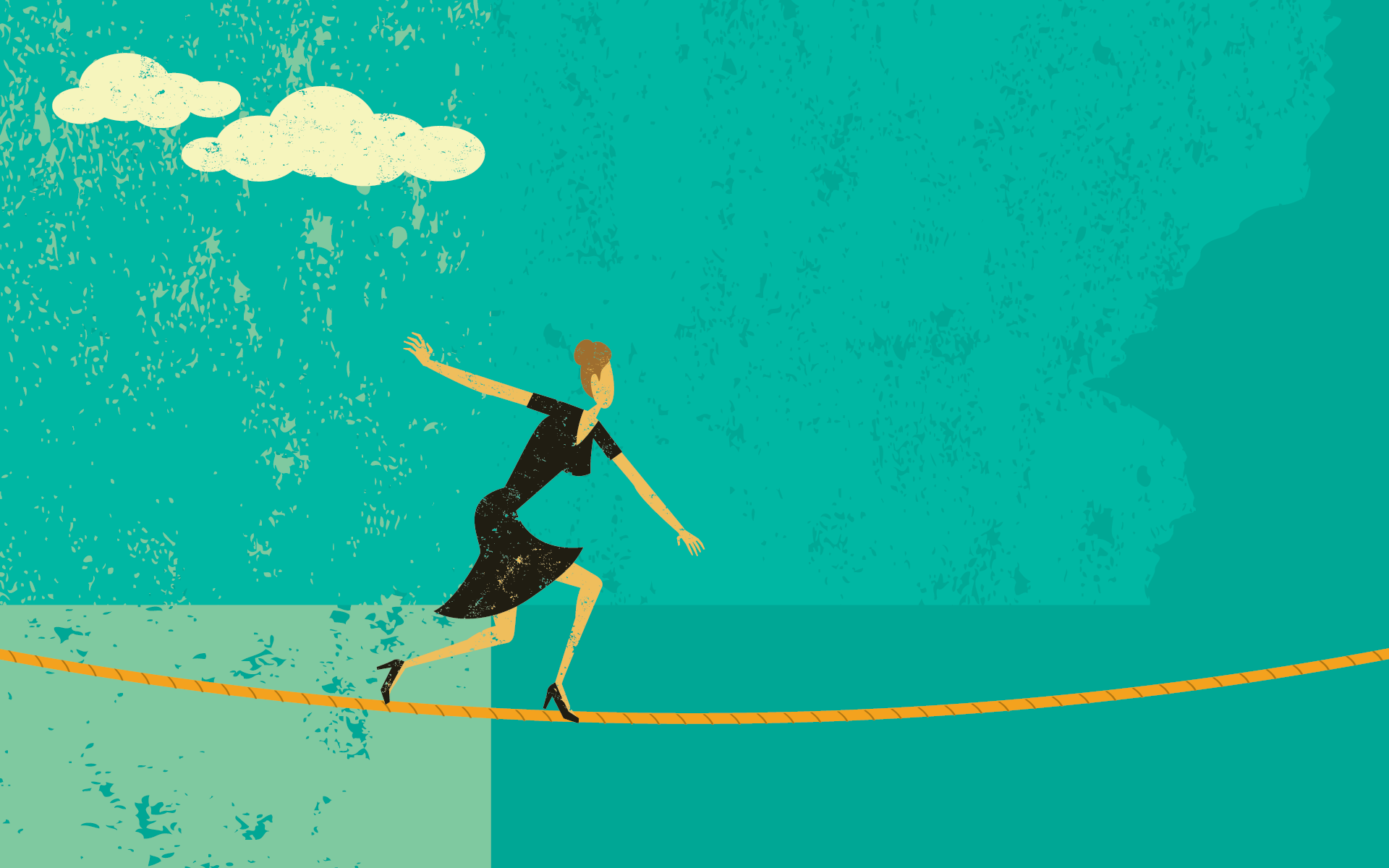
I love snacks. They’re tasty, nourishing, and they don’t require time and energy that I might not otherwise have. Sometimes, though, I am tempted to reach for food when what I really need is a moment of calm awareness so I can make a thoughtful plan about what to do next. What I need is a mindfulness S.N.A.C.K. Here’s how to do it:
Stop: Just stop whatever you’re doing. I have stopped mid-step, mid-bite, and even mid-yell (usually at my kids, who are generally so surprised when it happens that we all crack up at how ridiculous I can be). Stopping, by definition, requires us to start again, and taking just a minute or two for a quick S.N.A.C.K. can help us reboot in a skillful and helpful way.
Notice: The next step is to notice what is happening within and around us. What do you see or hear? Do you feel any sensations in your body? (A tightness in my shoulders, a rumbling in my stomach, or a furrowed brow are usually signals that I’m feeling anxious.) And perhaps most importantly, can you notice the thoughts in your mind? Try not to get wrapped up in them—just see if you can become aware of them. There is no right or wrong here; no need to judge or change anything. Just notice.
We spend much of our time struggling against reality, mentally fighting against traffic, unpleasant colleagues, or tantruming children. The end result is that we use up our limited time and energy wishing things were different or better or less annoying.
Accept: This is a tricky one, because most folks think acceptance means they can’t try to change unfortunate or unpleasant circumstances in their lives. It’s actually just the opposite. We spend much of our time struggling against reality, mentally fighting against traffic, unpleasant colleagues, or tantruming children. The end result is that we use up our limited time and energy wishing things were different or better or less annoying. However, accepting that you have just spilled a gallon of milk all over the floor or sent off the wrong spreadsheet to the entire finance department (rather than spending precious time cursing the milk or berating yourself) is a crucial step towards fixing the problem.
Curious: Curiosity is an under-appreciated skill, often thought of as relevant only to scientists, small children, and mischievous monkeys. However, the ability to get interested in our experience and environment can help us manage difficult emotions and gain some clarity on what is going on. You don’t have to undertake a serious investigation requiring an hour of therapy; a few simple questions should suffice. What am I feeling? What am I thinking? What do I need right now? If this feels too hard or overwhelming, start with something more basic: What do I see? What can I hear? Grounding yourself in this way will help you figure out what to do next.
Kindness: This is so crucial that we should really start and end each snack with kindness, but KSNACK doesn’t make a very good acronym. The reality is that sometimes what we notice is unpleasant, boring, and even painful. Sometimes we face problems that just aren’t fixable, no matter how curious or thoughtful we may be. And sometimes we only remember to stop and notice after the fact, only after we’ve left our backpack on the bus or sent an unnecessarily angry text to our spouse. Either way, the ability to respond to ourselves and others with kindness will not only make our lives easier and more pleasant, but it will help us get back on track more quickly than we might have otherwise.
So the next time you’re feeling stressed out, overwhelmed, confused, or unsure, take a quick moment to have a S.N.A.C.K. But instead of reaching for the brownies or chips, try a mindfulness snack: Stop, Notice, Accept, and be Curious and Kind in response to whatever you find. It doesn’t take long, but it can go a long way towards making your day feel easier, less stressful, and more enjoyable.
more mindful moment practices
Gratitude Practice: Savor the Moment by Tapping into Your Senses
Cultivate gratitude for life’s small delights as you move through the senses.
Read More
Find Balance During a Moment of Panic
A short practice to help restore awareness of your breath and your body and reclaim your equilibrium so that you can face the rest of your day with calm and ease.
Read More








